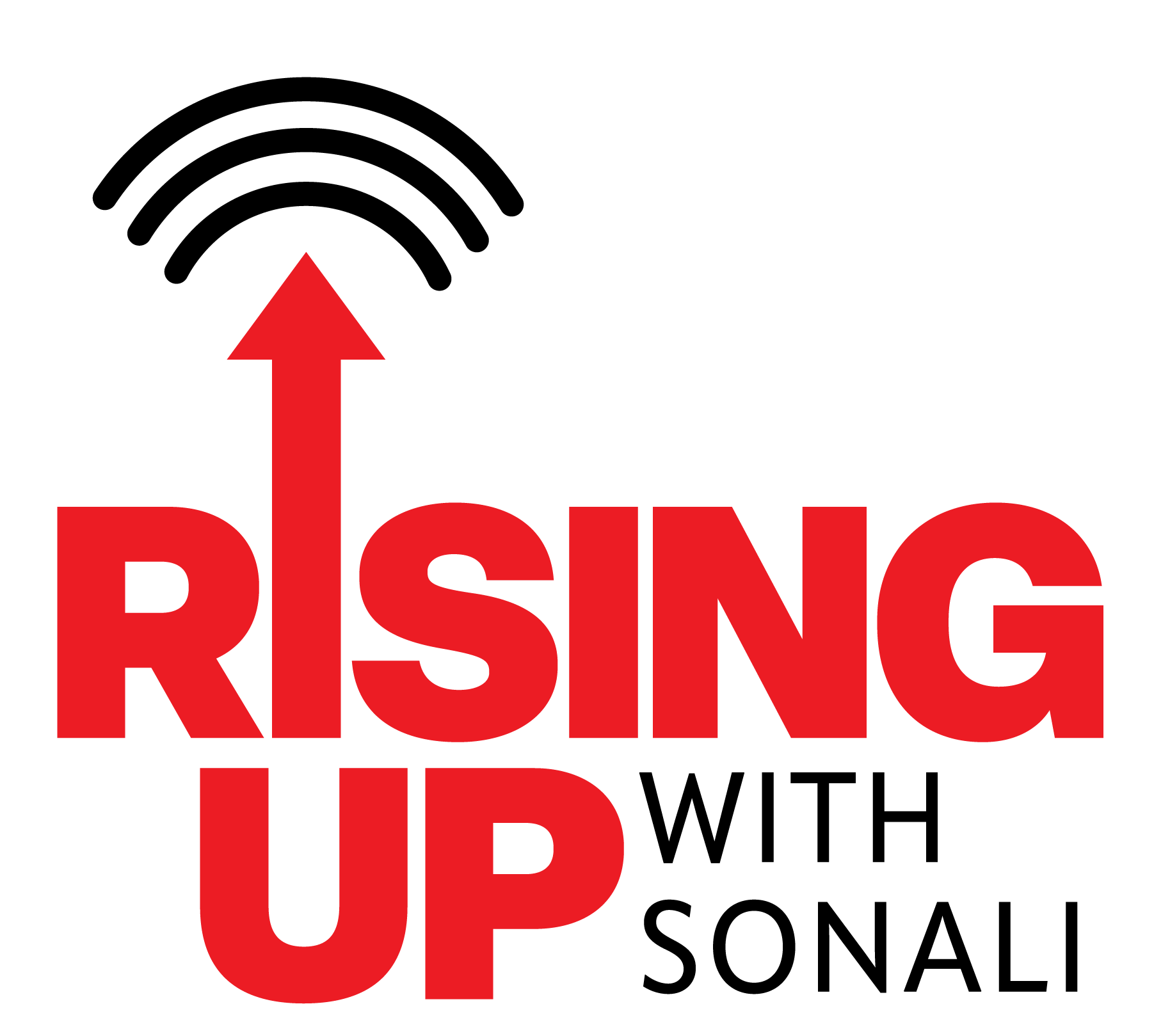Headlines: September 12, 2019
Listen to story:
Download: mp3 (Duration: 8:18 — 7.6MB)
The US Supreme Court decided to upend a lower court ruling on President Donald Trump’s new asylum rules denying refuge to those who have passed through a third country. The highest court’s ruling allowing the rule to be applied is temporary. However Trump declared victory on Twitter writing triumphantly, “BIG United States Supreme Court WIN for the Border on Asylum!” The ruling means that at least for now, most Central American migrants who have traveled through Mexico to arrive at the US borders would be ineligible for asylum, as would refugees from continents like Asia and Africa. Justice Sonia Sotomayor arguing against the court’s majority wrote in her dissenting opinion that the ruling was, “especially concerning,” because it will impact “some of the most vulnerable people in the Western Hemisphere.”
In other immigration news Congresswomen Ayanna Pressley of Massachusetts and Alexandria Ocasio Cortez of New York grilled immigration officials on documented cases of migrant children who are battling serious medical conditions facing deportation. The Immigration and Customs Enforcement spokespeople at the House subcommittee hearing refused to answer the lawmakers’ questions. Here is Ayanna Pressley pushing officials to respond.
The US has denied Temporary Protective Status (TPS) to climate refugees fleeing the Bahamas after Hurricane Dorian destroyed their communities. In the past the US has routinely offered TPS to the survivors of natural disasters such as Haiti’s devastating earthquake. The official death toll in the Bahamas stands at about 50 but is expected to rise dramatically as 2,500 people have been declared missing. Now, news has emerged of a devastating oil spill triggered by the storm on Grand Bahama island at the Norwegian Equinor facility. There are residents camping right near where the spill took place breathing in toxic fumes and worrying about the quality of the water they are drinking. Meanwhile a new study by the Internal Displacement Monitoring Center has found that the number of people displaced by climate-related events in the first half of 2019 was a whopping 7 million – a record high.
Here in the US the Trump Administration is putting its final touches on rolling back the Obama-era provisions of the Clean Water Act. In spite of President Trump claiming time and again that his Presidency has demanded the cleanest water for Americans, his government will now once more allow the use of industrial toxic chemicals upstream from crucial water sources. And a new study by the group Climate Focus has found that the rate of deforestation around the world is so high that every year we lose forestlands about the size of the UK. In spite of international pledges by world government to protect forests, the rate of deforestation has actually ramped up over the past 5 years.
The environmental group Greenpeace is confronting the oil industry in Houston, Texas on the same day as the latest Democratic Presidential Debate takes place. Nearly two dozen activists are engaging in civil disobedience at the Fred Hartman bridge. According to the Houston Chronicle, “A portion of the Houston Ship Channel closed early Thursday after 11 of the demonstrators rappelled off the side of the bridge to protest the use of fossil fuels ahead of the Democratic debate.”
Expected among the attendees at the debate will be former Congresswoman turned gun control activist Gabby Giffords, who plans to bring 11 advocates and shooting survivors with her. Meanwhile an exchange between House Speaker Nancy Pelosi and a reporter on gun violence has gone viral. Although Senate Majority Leader Mitch McConnell continues to block gun safety legislation, his colleague Senator Marco Rubio took to the pages of the New York Times on Thursday with an op-ed pushing for the passage of so-called “Red Flag” laws to prevent gun violence. And, a letter signed by more than 140 business leaders was delivered to the US Senate urging them to pass the background checks bill that the House passed earlier this year. CEOs of companies like Twitter, Uber, and Levi Strauss signed the letter, which said in part, “We are writing to you because we have a responsibility and obligation to stand up for the safety of our employees, customers and all Americans in the communities we serve across the country.”
The House Judiciary Committee on Thursday passed a resolution defining the rules of its impeachment investigation into President Donald Trump. Chairman Jerrold Nadler has struggled to try to define the role of the resolution given that Speaker Pelosi has so far refused to openly back impeachment.
In California, state lawmakers passed a critical rent control bill which is expected to be signed by Governor Gavin Newsom. According to the New York Times, the bill, once it becomes law, “limits annual rent increases to 5 percent after inflation and offers new barriers to eviction, providing a bit of housing security in a state with the nation’s highest housing prices and a swelling homeless population.”
Texas’ capital city, Austin, long a liberal bastion in the red state, is defying conservative convention and providing funding for access to abortion. Austin’s City Council just voted 10-1 to set aside $150,000 for next year’s budget to support services for abortion access such as transportation, childcare, and even lodging for low-income residents. It becomes the first city in the nation to pass such a resolution.
And, the Trump administration this week says it is planning to ban flavored e-cigarettes as a mysterious illness linked to “vaping” has claimed the lives of 6 people. E-cigarette companies entice children in particular to take up vaping through popular flavors.
And finally in international news, British Parliamentarians have published the entire contents of a secret government document known as Operation Yellowhammer which outlines the worst case scenario for a so-called No-Deal-Brexit. According to the BBC’s summary the 6-page document, “warns of disruption at Dover and other channel crossings for at least three months, an increased risk of public disorder, and some shortages of fresh food.”
